Dhaka, Dec 17, (V7N) - Renowned economist Dr. Debapriya Bhattacharya has stated that Bangladesh is stuck in the middle-income trap due to the low productivity of labor in the industry, agriculture, and services sectors.
He made these comments on Tuesday as the keynote speaker at a roundtable discussion held at the Foreign Service Academy in Dhaka. The event was organized by the magazine Diplomat World. Dr. Debapriya emphasized that a change in government does not automatically mean a change in governance systems, and if the country fails to break free from this culture, reforms will not be effective. He also pointed out that the country's export sector is overly reliant on the garment industry and stressed the need for diversification of exports for sustainable economic growth. He called for incentives to boost growth in sectors like jute, leather, and IT.
Dr. Debapriya also mentioned the significant decline in the quality of education in Bangladesh, noting that education spending is less than 2% of the GDP, one of the lowest among countries like Bangladesh. He argued that people can only be patient with elections and elected governments if they see visible benefits from reforms. Rather than establishing universities at the district level, he emphasized the need to focus on improving the quality of primary education.
Speaking on corruption, Dr. Debapriya, who is the head of the committee that drafted the White Paper on Corruption, stated that the cost of migration for Bangladeshis is three times higher than that for Nepalese, primarily due to corruption. He explained that a syndicate is exploiting migrant workers, leading to higher costs. Furthermore, unplanned urbanization and industrialization have created challenges in traffic management, law enforcement, and the provision of quality citizen services. He identified this as another major challenge for Bangladesh to break out of the middle-income trap.
Dr. Debapriya also expressed his disappointment over the Planning Commission's recent formation of a 17-member committee to investigate data manipulation related to national indicators. He noted that the new committee bears no resemblance to the recommendations of the White Paper on Corruption, as it retains bureaucrats who were previously involved in data falsification. He criticized the inclusion of institutions with little technical knowledge on the subject in the committee.
He remarked humorously about the so-called "Dhaka consensus," saying that there is an unusual consensus among Bangladeshi economists, which is rare, as there should typically be diverse opinions among a group of economists.
Dr. Debapriya, a distinguished fellow at the Center for Policy Dialogue (CPD), further pointed out the lack of private investment in the country. He warned that if local demand continues to fall, GDP will decline. According to him, business leaders are not keen on seeing Bangladesh transition from a middle-income country to a developing country because this would mean losing certain privileges, such as quotas. However, he questioned whether waiting for a few years would bring significant changes, expressing doubts about substantial improvements. He suggested that the country has until December 2026 to improve its indicators and potentially achieve developing-country status. If the situation does not improve, the timeline may be extended.
Dr. Debapriya also addressed concerns about the political narrative, stating that the Prime Minister (Sheikh Hasina) might claim, "I have left a golden household, and it has been destroyed," but would not mention the condition in which she left the country's economy. He criticized the vicious circle created by bureaucrats, businessmen, and politicians, citing the example of a businessman who defaulted on a loan of 50,000 crore BDT. He also pointed out that electricity production was increased assuming 9% growth, yet more than half of the capacity remains idle. This, he said, is an example of manipulating economic data to present an inflated image of the country's economy.
The event was attended by both former and current diplomats, who also participated in the discussions.
END/SMA/AJ/



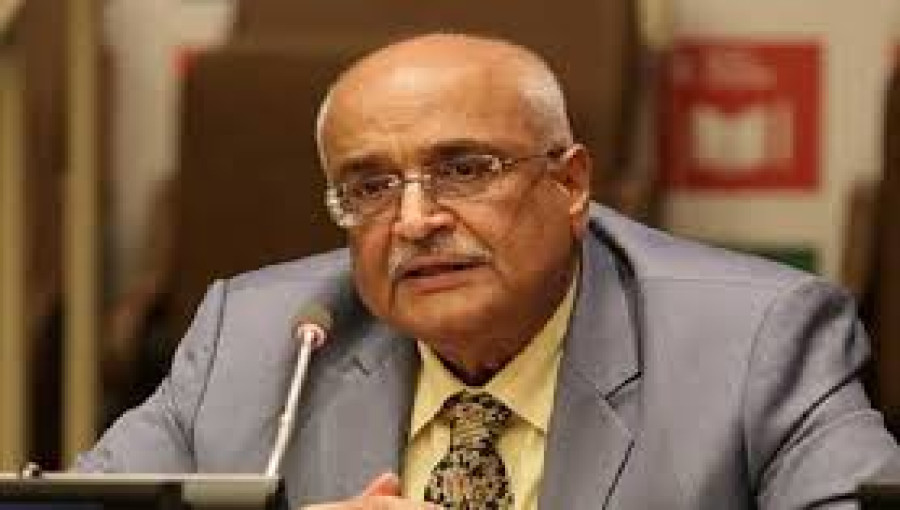
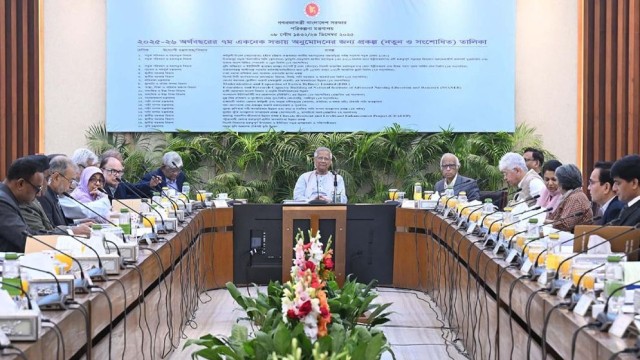
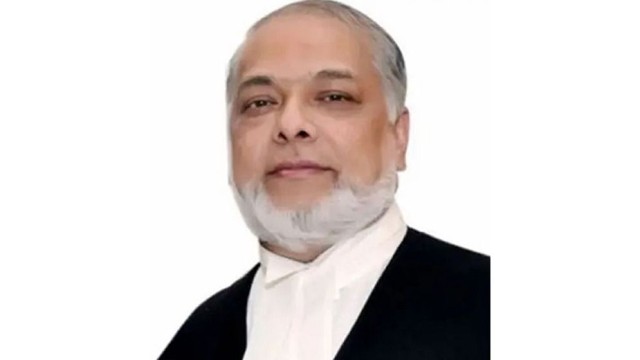
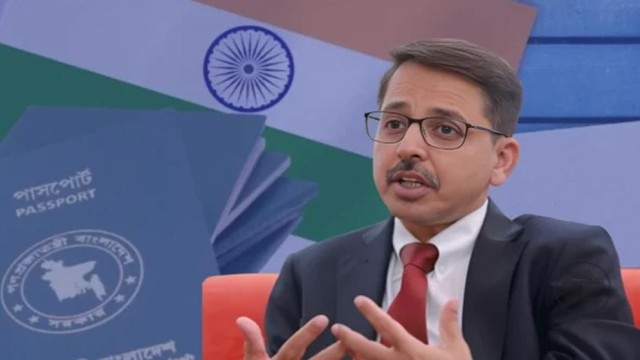
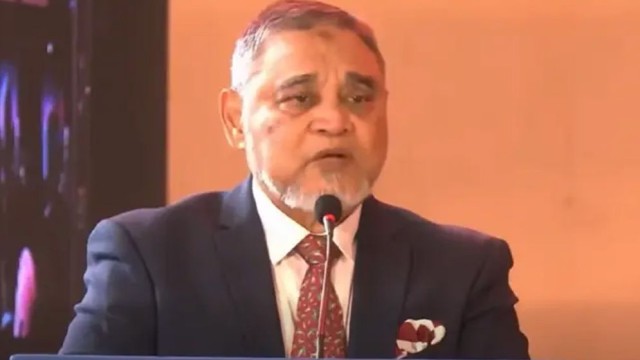

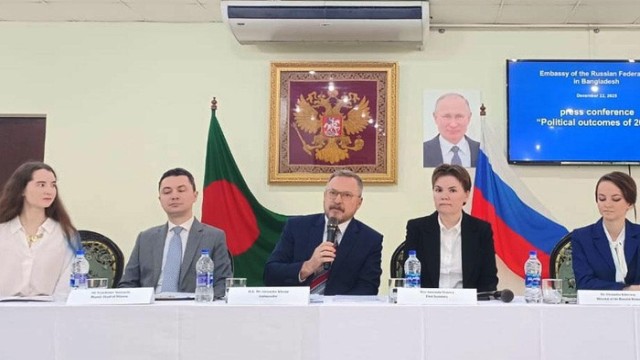

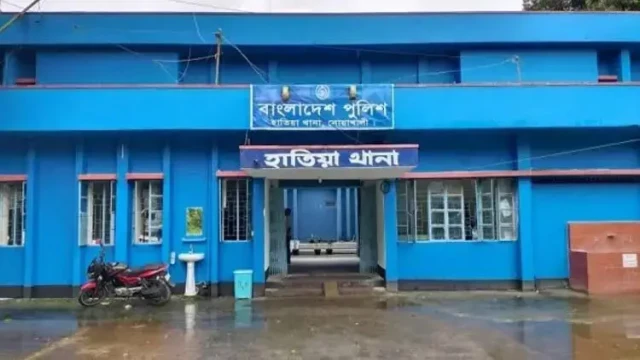

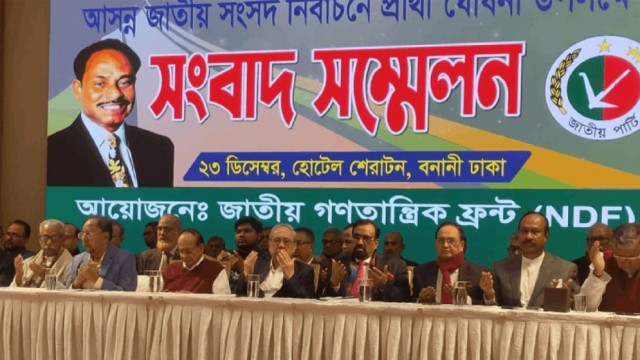

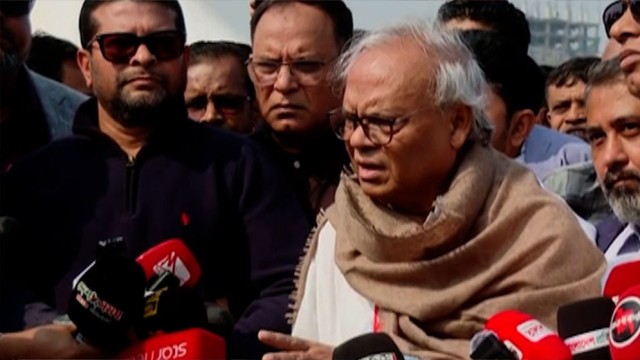
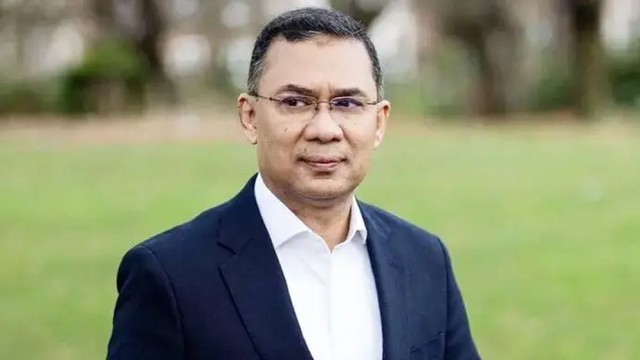
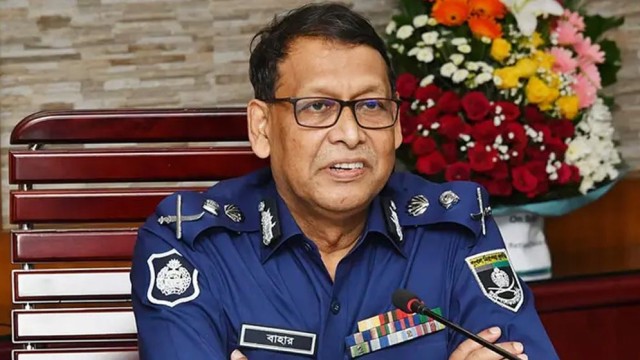
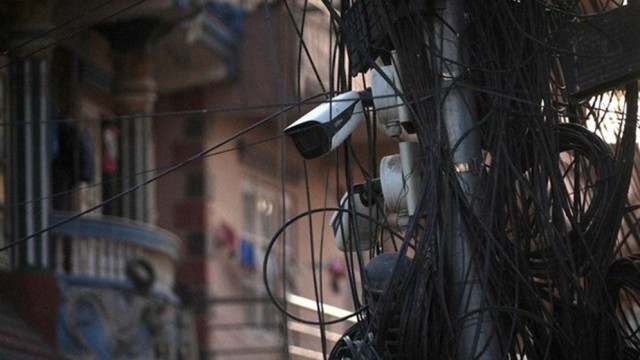

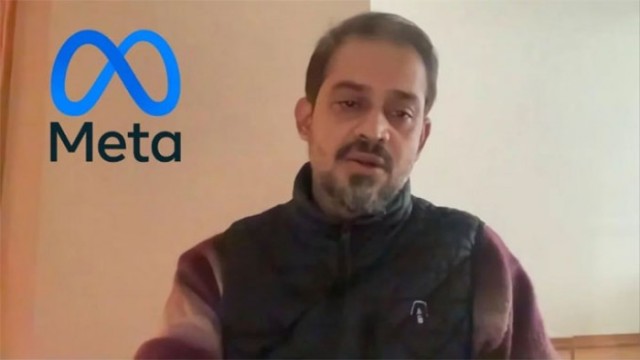
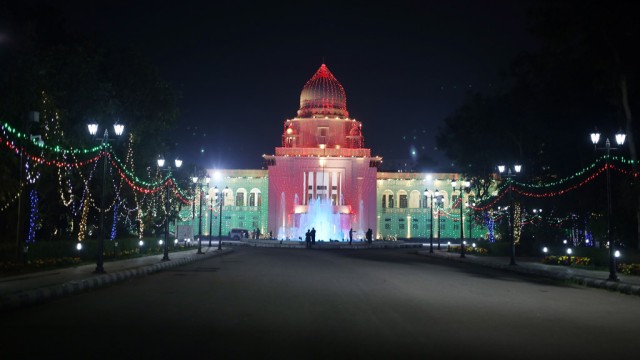
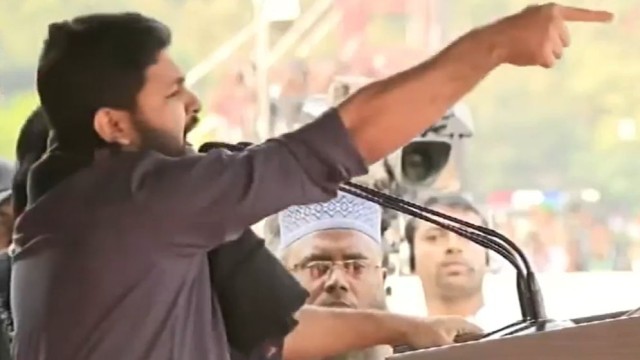

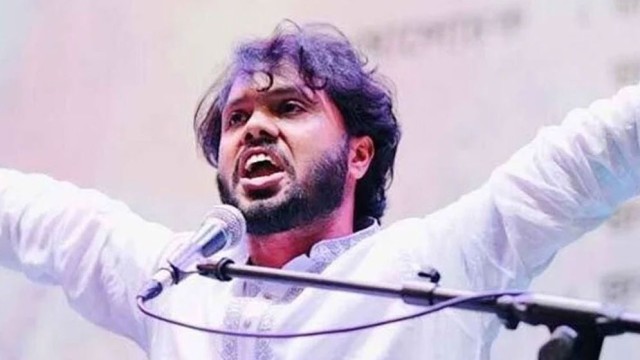

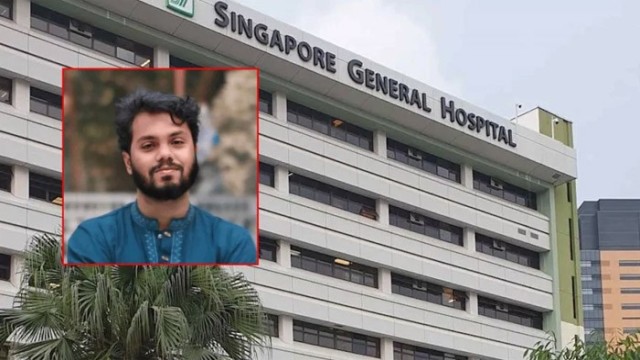

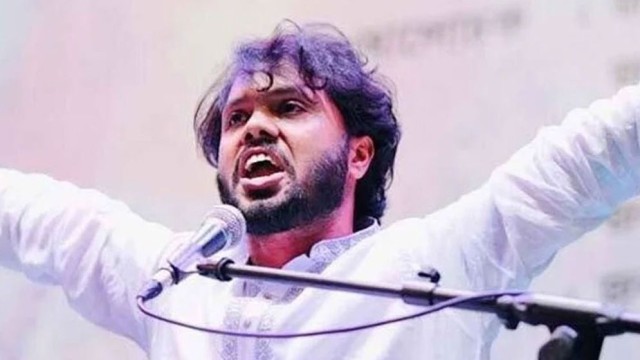
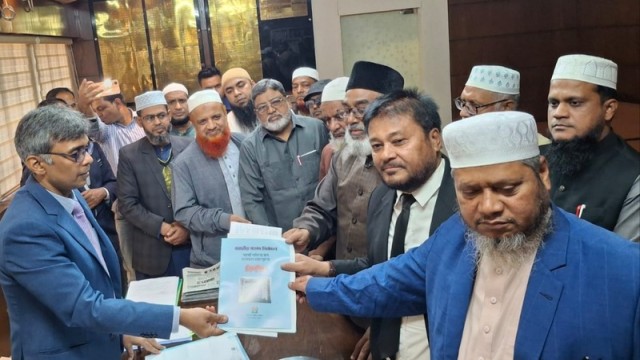
Comment: